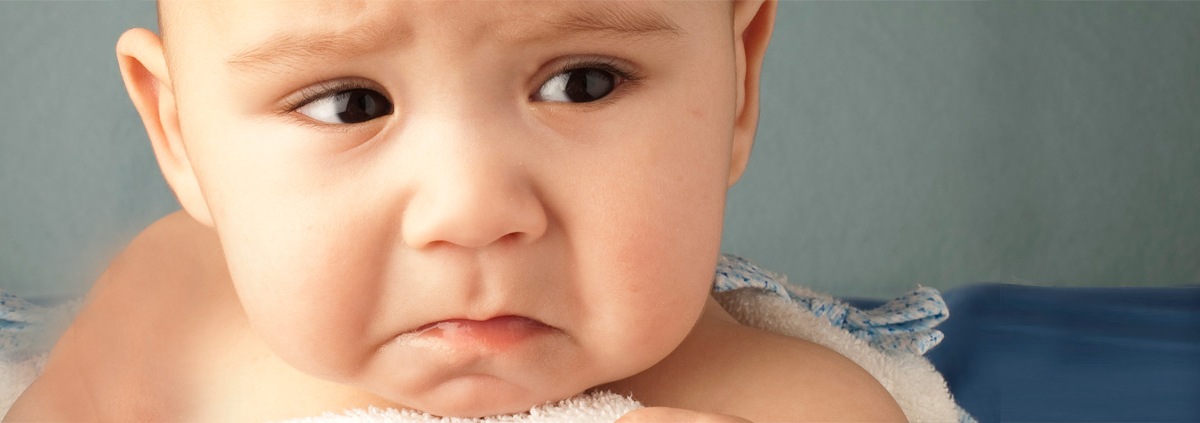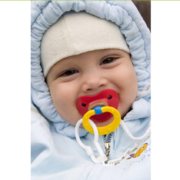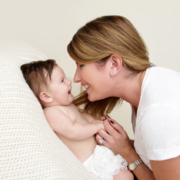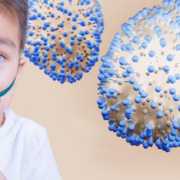RSV in Infants
Our daughter-in-law, Kerri, is a pediatric respiratory therapist with 32 years of experience, so she was an obvious choice to talk to about RSV, especially in babies. You need to know more about RSV (respiratory syncytial virus), especially if you’re parents or grandparents of infants less than six months old. The CDC reference at the end has more information for all age groups.
RSV is very common, and most of the time it seems like a common cold; the CDC estimates virtually all children will have RSV by the time they’re two. But with higher infection rates this year, there will be more severe cases than normal. Treating the symptoms, especially the inflammation of the lungs and the potential for pneumonia, is critical if the infection progresses.
How Bad Is It?
How bad is RSV this year? This is the worst year my daughter-in-law has seen. In Charleston where Kerri works, they’ve got beds in the hallway of the NICU because of overflow cases. Her mentor in Virginia has been an RT for 40 years, and it’s the worst she’s ever seen. Cases are up in Grand Rapids, and we’re not even in the critical part of the season yet, which is winter and spring. So it’s serious.
What You Need to Know
Infants will have symptoms, but they can’t tell you directly. A decrease in energy level, decrease in appetite, irritability, runny nose, and coughing are common. The child may or may not have a fever.
This info from my daughter-in-law was surprising to me: infants are nose breathers. The most important thing adults can do is suction the mucus from the nose to keep their breathing pathway open. Yes, you’ll hear the wheezing in the lungs, but the pathway goes through the nose. Use saline drops to keep the tissues moist and a suction bulb to keep the nasal passages open.
More tips from Kerri:
- Keep a humidifier going; that helps with maintaining the mucus’s fluidity.
- If the infant has a fever, keep her cool. Don’t pile on a lot of blankets, although that’s seems counter-intuitive. The baby’s breathing rate is higher to dissipate heat, so keep her cool—not cold, just cool.
- Finally, watch the baby. If he’s really struggling to breathe, especially though his mouth, seek medical attention immediately.
The Bottom Line
Let me repeat: for most people of all ages, RSV seems like a cold. A weakened immune response can cause serious illness, so we have to be cautious. That’s especially true for infants, but also applies to elderly people and anyone with a chronic health condition. As with a cold, you’ll want to manage fever and pain; keep the liquids coming to avoid dehydration.
If there was one good thing that came out of the COVID pandemic, it was that the general public is more knowledgeable about dealing with viruses: wash your hands, keep surfaces clean, don’t touch your face, and cover your coughs and sneezes. RSV is especially communicable, so wearing masks can be beneficial.
Remember, there’s no RSV vaccine yet so prevention is the best option. We want to keep those who can’t speak for themselves as safe as possible, so always pay attention.
What are you prepared to do today?
Dr. Chet
Reference: https://www.cdc.gov/rsv/high-risk/infants-young-children.html









